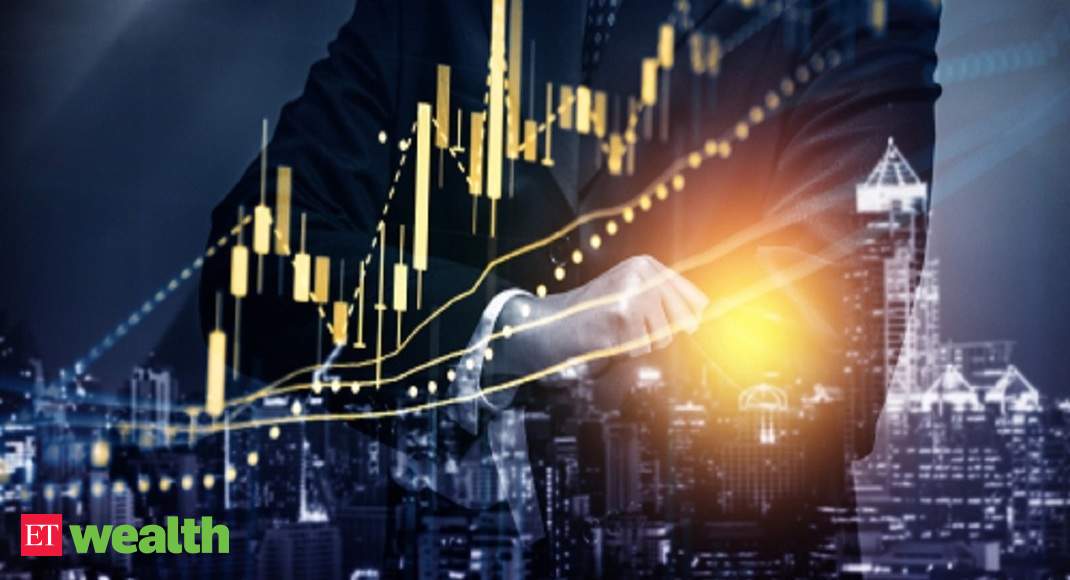
By Raghvendra Nath
Who would have thought that the entire world would be under a lockdown someday! A few months before, no one even knew the concept of social distancing. Everyone saw the virus coming, but nobody thought it was going to disrupt the world in this manner.
The global economy is already in recession. Travel and tourism, restaurants, movie theatres and scores of other businesses have suddenly come to a standstill. And they may remain closed for the next few months. There are scores of industries and sectors that are getting impacted because of the pandemic. The modern world had never faced a similar situation.
There is also hope. Afterall, it is just a virus. The scientific community is working overtime to find effective treatments as well as vaccines. Many of them have already started human trials. In the next few months, the world would find a way to contain the virus. And life would return to normal.
There is no doubt that the economic cost of the pandemic is going to be enormous. Businesses would get impacted; unemployment levels would go up; demand would be sluggish; a recessionary environment can prevail in the world for the next one to two years. A lot of changes may happen in the way the world functioned.
For the investing community also, this period has been filled with pain and uncertainty. The last two months have seen unprecedented volatility. The stock markets have reacted the world over and are down 20-30% from the January levels. Investments that were made even five years ago are currently at par value.
A lot of people had invested their savings in mutual funds. And, therefore, it is pertinent to look at the funds in these volatile times.
During this volatile period, the equity funds have done fairly well with performance close to their respective benchmarks. In fact, if you had chosen the funds carefully, the fall in value in the last two months is much lesser than that of the indices. Also, there is an assurance that a team of highly experienced people are monitoring the underlying investments and taking appropriate decisions. Unlike direct equity portfolios that could be lopsided, most funds are disciplined in their allocation to specific stocks and sectors.
In the fixed income funds, the yields have been volatile. While the RBI substantially reduced the repo rate and increased the market liquidity, the yields have jumped back to pre-RBI announcement levels. There is also a fear that the economic consequences of the pandemic would have an impact on the credit worthiness of many companies. It is time to play safe in the fixed income space. It is better to stick with liquid funds, banking & PSU funds which have high credit quality and good liquidity.
Investors who already have exposures to equity funds should hold on to their investments. These are not times to exit the equity markets. On the contrary, these are very good times to add to your equity exposure as the risk-reward ratio is in favor. From these market levels, the downside could be limited as most of the pandemic-related stress is already priced in the stocks. The market however has a large upside potential once the pandemic gets over. A two to three years investment in equities can yield high returns.
Having the right asset allocation is very important when investing in mutual funds. You should look at your risk profile and decide on how much allocation to equity, fixed income and other assets should you have. Many of us are getting perturbed by the volatility and want to reduce our allocation to equities. From a practical standpoint, if you have a certain asset allocation towards equities, it has fallen now because of the correction in the market. So, one should consider rebalancing it by moving some money from fixed income to equities. By doing that you would take advantage of the lower markets and bring down your cost of ownership of the funds.
Raghavendra Nath is Managing Director of Ladderup Wealth Management







